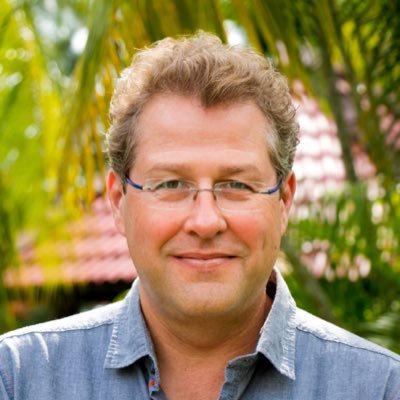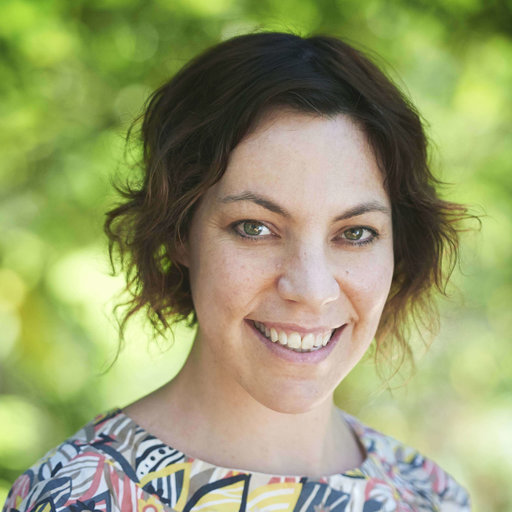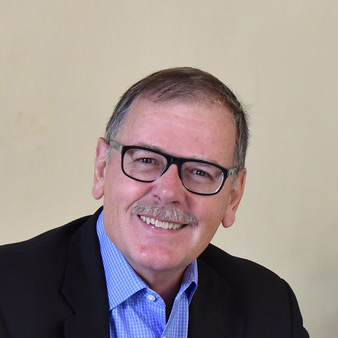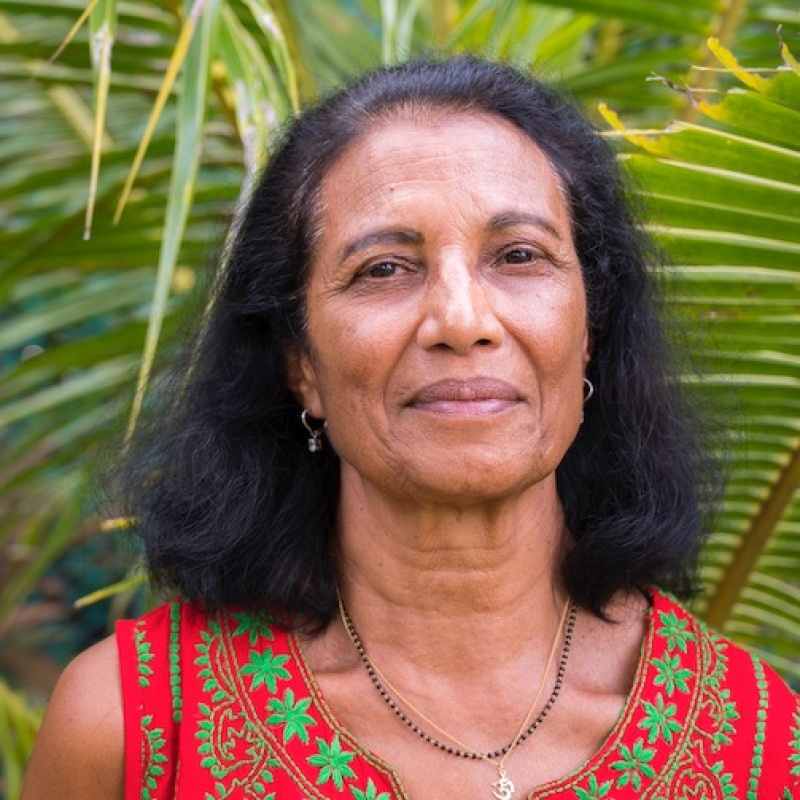Foreword
This year’s theme of World Oceans Day, Innovation for a Sustainable Ocean was at the center of the Virtual Ocean Dialogues from 1-5 June with the World Economic Forum and Friends of Ocean Action. The aim was to keep the momentum for an urgent and ambitious global ocean agenda to build back better in the context of the major disruption we are all facing in the new COVID-19 world.
Our role in this first-ever virtual forum, which convened and connected leaders, scientific experts, policymakers, media, and communities across the globe, was to highlight the role of the ocean as an important source of food and livelihoods for billions of people.
- One of the main dialogues on Nourishing Billions (watch here) brought together several global thinkers and leaders on ocean and food systems to showcase solutions for harnessing the bounty of the ocean sustainably, ethically and equitably, while meeting the food and nutrition needs of billions of people by 2030.
- The deep dive on Transforming The Agricultural Research and Development Agendas Through Aquatic Foods (read more here) brought together high representatives of the CGIAR, the Bill & Melinda Gates Foundation, WorldFish and the Stanford University Center for Ocean Solution to discuss priorities and the strategic vision for a new global research program and partnerships to ensure fish and aquatic foods are a critical part of the global call to action for a food systems transformation towards healthier and sustainable diets that work for people and the planet.
- Our food systems depend on diverse supplies of aquatic foods from wild and farmed sources. The sustainable growth of aquaculture will be essential to meeting the projected 40 percent increase in global demand for food fish by 2030. Together with our strategic partner FAO, we are working to develop a Global Information System for Aquatic Genetic Resources (AqGR) following findings and recommendations from the global assessment on the State of the World’s Aquatic Genetic Resources for Food And Agriculture. This week from 8-12 June, our researchers and partners are connecting virtually to discuss the strategic priorities for a global action plan, as well as priority stakeholders, indicators and standardized nomenclature and terminology in the description and categorization of AqGR.
At the same time, we joined forces with Too Big To Ignore, the global network of research and knowledge mobilization partnership to co-organize a virtual series of events, known as Small is Bountiful, to showcase the critical contribution of small-scale fisheries to ocean sustainability and innovation (watch the full series here).
On the occasion of World Ocean Day today, several of our scientists and partners in close collaboration with small-scale fishing communities and local organizations are leading discussions through a 24-hours marathon event culminating into a virtual Arts Festival. The goal is to raise awareness and celebrate the values of small-scale fisheries through a global social movement expressed through songs, dance, photos, drawings, and short films by local communities, research, and civil society organizations, research groups from around the globe. Follow the celebrations live here.
The ocean is at the center of pressing global challenges, such as climate change, gender equality, rising inequalities, poverty, food and nutrition security, sustainable production and consumption, etc. The global ocean economy is estimated at €1.3 trillion and offers great potential for boosting growth, jobs and innovation. With carefully managed fisheries and sustainable aquaculture, the ocean can provide six times more food than it does today.
We have created a special landing page on our website to highlight critical scientific evidence and research outcome stories to that end. For example, check out:
- Two important Blue Papers on The Future of Food from the Sea and Towards Ocean Equity, we co-wrote with partners as scientific experts to the High-Level Panel on a Sustainable Ocean Economy.
- A short video summarizing the results of our research on justice and equity issues related to small-scale fisheries and the blue economy and a blog article on improved gender norms.
- We went further in our exploration by following the fish inland to understand its distribution networks and the nutrition security issues that arise in the journey from fishers to rural communities.
- We are using innovative technologies such as Nearshore Fish Aggregating Devices to boost catches and improve food and nutrition security in Timor Leste and other islands in the Pacific Ocean.
- In the Solomon Islands, we are using participatory research and storytelling to capture the voices of coastal communities.
The next year will be a critical year for the ocean as we head into the UN Decade for Ocean Science and Sustainable Development. We intend to play our part by continuing to lead an evidence-based and solutions-focused discussion with business, government, scientists, NGOs and multilateral organizations on innovative actions for a sustainable food system transformation with healthy, nutritious and socially and environmentally responsible food from the ocean.
Highlights
 ″ Fish and aquatic foods must occupy a central place in our food futures and the global agricultural research agenda, alongside land-based crops and livestock.
″ Fish and aquatic foods must occupy a central place in our food futures and the global agricultural research agenda, alongside land-based crops and livestock.
 ″ As we increasingly depend on food from the #oceans, we need a much deeper understanding of how "blue foods" contribute to nutrition, environmental impacts, and local and national economies. The #BlueFoodAssessment will provide that understanding.
″ As we increasingly depend on food from the #oceans, we need a much deeper understanding of how "blue foods" contribute to nutrition, environmental impacts, and local and national economies. The #BlueFoodAssessment will provide that understanding.
 ″ Small-scale fisheries employ more women and men than all other ocean economic sectors combined. Discussions about ocean futures, aquatic foods, and the blue economy, must include and consider small-scale fishers. Inclusion is essential in charting the course toward desired futures.
″ Small-scale fisheries employ more women and men than all other ocean economic sectors combined. Discussions about ocean futures, aquatic foods, and the blue economy, must include and consider small-scale fishers. Inclusion is essential in charting the course toward desired futures.
 ″ We need ‘systems thinking for impact’ in CGIAR’s research endeavours in food and nutrition security, poverty reduction, gender equity, environment, and climate change resilience and mitigation. WorldFish is practicing this well in important program areas in fisheries and aquaculture.
″ We need ‘systems thinking for impact’ in CGIAR’s research endeavours in food and nutrition security, poverty reduction, gender equity, environment, and climate change resilience and mitigation. WorldFish is practicing this well in important program areas in fisheries and aquaculture.
 ″ There is a transformation taking place in the foods people eat – and also the way they eat. We need aquatic foods to meet the rising demand for foods that are both nutritious and convenient. For that, once more, we focus on the youth and allow ourselves to be led by them
″ There is a transformation taking place in the foods people eat – and also the way they eat. We need aquatic foods to meet the rising demand for foods that are both nutritious and convenient. For that, once more, we focus on the youth and allow ourselves to be led by them
 ″ Fish supply coming from aquaculture and capture fisheries are complementary and both have important potential to improve income and nutrition for the poor – our focus for now is on aquaculture systems.
″ Fish supply coming from aquaculture and capture fisheries are complementary and both have important potential to improve income and nutrition for the poor – our focus for now is on aquaculture systems.
Stories
Gender included from the ‘get go’ in global small-scale fisheries study
‘Our lives depend on it’: Women’s gleaning vital for food and income in Timor-Leste
Participatory research method helps share the lived experience of small-scale fishers in the Solomon Islands
How nearshore devices increase fish catches and improve food security in Timor-Leste
Oceans will be key to future food security – new expert report
Marine litter affecting ocean life, resilience of small-scale fisheries
Videos
How drones are helping WorldFish research in the Pacific
Drone footage helps WorldFish in Solomon Islands and Timor-Leste illustrate the space available for production, map the geographic limitations to trading and distributing fish, as well as extrapolate fishing effort. For inland aquaculture the drone footage can be a powerful tool to gauge pond activity and distribution among small-scale farmers.
Following the fish inland: understanding fish distribution networks for development and nutrition
In developing countries, small-scale fisheries are both a pivotal source of livelihood and essential for the nutritional intake of larger food insecure populations. Distribution networks that move fish from landing sites to coastal and inland consumers offer entry points to address livelihood enhancement and food security objectives of rural development initiatives.
Securing a just space for small-scale fisheries in the blue economy
This short video story highlights the findings of WorldFish leading researcher Philippa Cohen’s paper on Securing a just space for small scale fisheries in the blue economy, published at the Frontiers journal in April 2019. The paper brings insights from social science and Small- scale fisheries (SSF) to explore how ocean governance might better account for social dimensions of fisheries.










